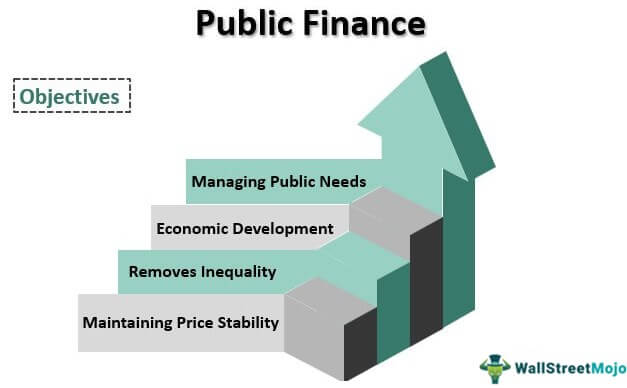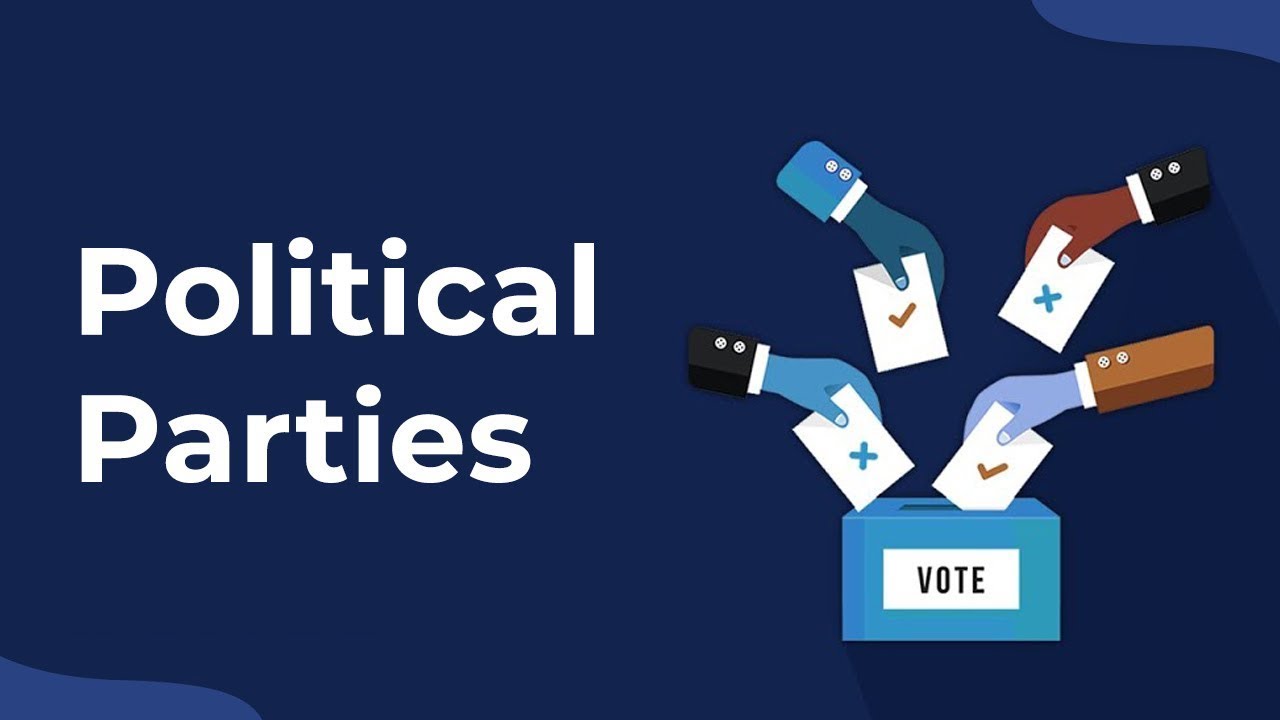Public Financing of Political Campaigns - Pros and Cons
Explore the advantages and disadvantages of public financing for political campaigns. Learn how it impacts elections and democracy

Public Financing of Political Campaigns: Weighing the Pros and Cons
The financing of political campaigns has long been a contentious issue in democratic societies worldwide. In an era where money can wield tremendous influence over political outcomes, the question of how campaigns are funded becomes a critical consideration. Public financing of political campaigns is one approach aimed at mitigating the undue influence of money in politics. This article delves into the potential benefits and drawbacks of public financing, shedding light on the complexities and implications associated with this system.
Benefits of Public Financing
Leveling the Playing Field: One of the primary advantages of public financing is its potential to level the playing field in elections. Candidates who may lack access to deep-pocketed donors can still compete on an equal footing. This fosters a more inclusive and diverse political landscape, where candidates are judged on their merits rather than their financial resources.
Reducing Corruption: Public financing can help mitigate the corrupting influence of money in politics. When candidates rely on large contributions from special interest groups or wealthy individuals, there is a risk that they will prioritize the interests of their donors over those of the general public. Public financing reduces this risk by providing candidates with a more reliable and independent source of funding.
Enhancing Civic Engagement: A publicly financed system can encourage greater civic engagement by making it easier for individuals to run for office. When potential candidates do not need to rely solely on personal wealth or wealthy donors, more people may be inclined to participate in the political process. This can lead to a more vibrant democracy with a wider range of voices.
Transparency and Accountability: Public financing systems often come with stringent transparency and accountability measures. This means that the source of campaign funds is more visible to the public. Transparency can deter candidates from engaging in unethical or illegal fundraising practices, fostering a more ethical political environment.
Focusing on Policy Issues: Candidates who benefit from public financing may spend less time fundraising and more time discussing substantive policy issues. This shift can lead to more informed and substantive political debates, as candidates prioritize engaging with voters rather than courting donors.
Drawbacks of Public Financing
Expense: Implementing a public financing system can be expensive. It requires taxpayer dollars to fund campaigns, which can be a tough sell to those who are already concerned about government spending. This expense can be a significant drawback in times of economic hardship or when other pressing issues demand financial attention.
Challenges to Free Speech: Critics argue that public financing can infringe on free speech rights. Limiting the amount of money individuals or organizations can contribute to a campaign can be seen as a violation of their First Amendment rights to express their political opinions through financial support.
Limited Funds: In a public financing system, candidates are often limited in the amount of money they can receive. This limitation can disadvantage well-established candidates who may require more funding to run competitive campaigns against incumbents or opponents with personal wealth.
Complex Administration: Administering a public financing system can be complex and bureaucratic. Determining eligibility, setting funding limits, and monitoring compliance with regulations can be resource-intensive and may require a significant amount of government oversight.
Potential for Abuse: While public financing aims to reduce corruption, it does not eliminate the potential for abuse. Candidates may still find ways to skirt the rules or coordinate with outside groups to indirectly receive large sums of money, undermining the integrity of the system.
The Need for Careful Design
To maximize the benefits of public financing while minimizing its drawbacks, it is crucial to carefully design and implement such systems. Here are some considerations for policymakers:
Sufficient Funding: Public financing systems must provide candidates with sufficient funds to run competitive campaigns. This ensures that candidates, regardless of their financial resources, can effectively communicate their ideas to voters. Setting funding levels that reflect the costs of campaigning in a given jurisdiction is essential.
Eligibility Criteria: Defining clear eligibility criteria for receiving public funds is vital. These criteria should balance inclusivity with the need to prevent misuse of public resources. For example, candidates may be required to demonstrate a minimum level of public support or adhere to ethical guidelines.
Transparency: Transparency measures, including rigorous reporting and auditing requirements, should be an integral part of any public financing system. This ensures that candidates and donors are held accountable for their financial activities, maintaining the integrity of the process.
Voluntary Participation: Public financing should ideally be a voluntary option for candidates. This allows candidates to choose whether to participate based on their own strategic considerations. However, to prevent potential disparities, there could be incentives for candidates to opt for public financing.
Limitations on Private Funds: To prevent circumvention of the system, strict limits on the use of private funds should accompany public financing. This can help curb excessive spending and the influence of special interest groups.
Independent Oversight: Establishing an independent body to administer the public financing program can enhance trust in the system. Such an entity can oversee fund distribution, monitor compliance, and investigate violations impartially.
Regular Evaluation: Public financing systems should be subject to regular evaluation and adjustment to ensure their effectiveness. Policymakers should be willing to adapt the system in response to changing political and financial landscapes.
Public Education: An informed electorate is essential for the success of public financing. Public education campaigns can help citizens understand the benefits and limitations of the system, encouraging more people to participate in elections.
International Examples
Several countries have successfully implemented public financing systems, each with its own unique features and outcomes:
Sweden: Sweden's system provides parties with public funds based on their electoral performance, encouraging small and new parties to participate. The funds are used for campaign expenses, reducing the need for private donations.
Canada: Canada combines public financing with strict limits on individual and corporate donations. This ensures that candidates rely less on wealthy donors and more on public support.
Germany: Germany employs a mixed system, where public funds are provided to parties based on their electoral performance, while individual donations are subject to strict regulations. This model encourages parties to focus on broad-based support.
United States (Partial Public Financing): The U.S. has experimented with partial public financing at the presidential level. However, the voluntary nature of the system and the influence of outside spending have limited its impact.
Public financing of political campaigns is a multifaceted issue with both advantages and disadvantages. While it can promote a fairer, less corrupt political landscape, it also presents challenges related to funding, free speech, and administration. Striking the right balance is essential, and the specific design of any public financing system will depend on the unique needs and circumstances of each country.
Ultimately, public financing should be viewed as one tool among many in the pursuit of a more equitable and transparent political process. It is a valuable option for mitigating the undue influence of money in politics, but it must be implemented thoughtfully and in conjunction with other democratic reforms to ensure the vitality of democratic systems around the world.
What's Your Reaction?












